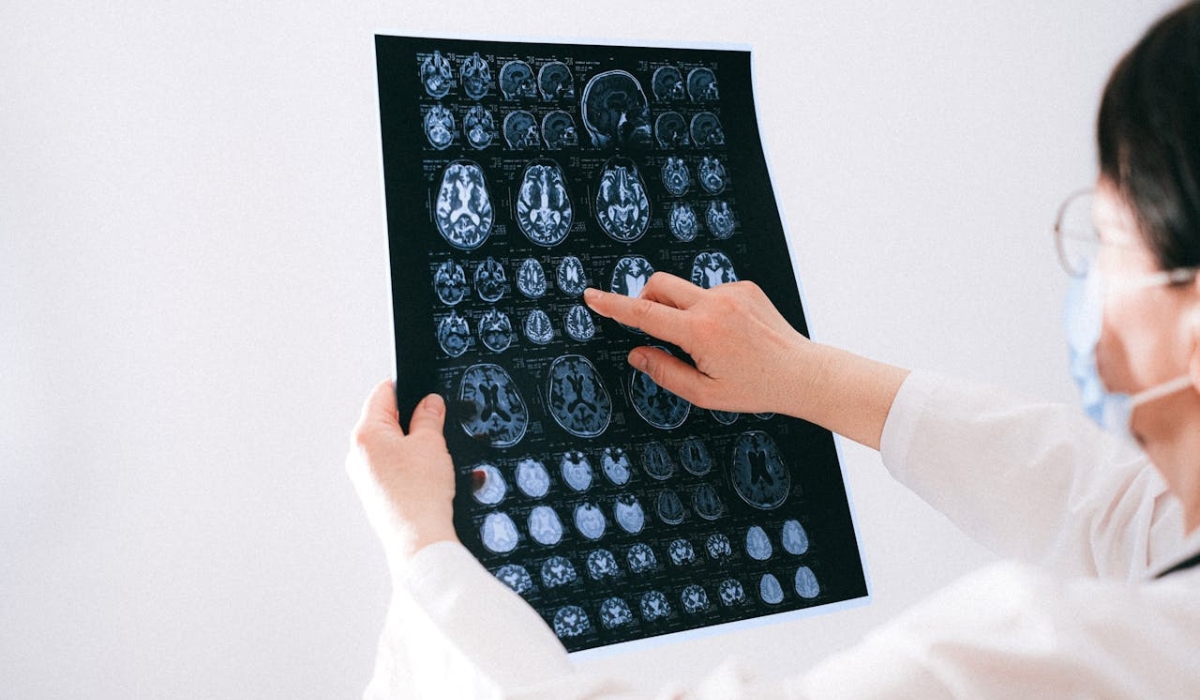Treatment options and pricing
Browse and click below to book any of our available service.
Paediatric Neurology Initial Consultation
Included in the Paediatric Neurology Initial Consultation
At the first paediatric neurology appointment, your child receives a detailed review of medical history, symptoms, and development. Our specialist performs a gentle examination, discusses tests if needed, and provides a clear, personalised care plan for ongoing support and next steps.
Paediatric Neurology Follow-Up Consultation
Included in the Paediatric Neurology Follow-Up Consultation
Our paediatric neurology follow-up appointments provide ongoing review of your child’s symptoms, test results, and treatment. Specialists adjust care plans, support development, and guide families to ensure safe, effective, and personalised neurological care.
Common Q&A about Paediatric Neurology
Our FAQ section is designed to address common questions you may have, from how our treatments work to what you can expect during and after your session.
Our team is always available to provide additional support if you need more personalised guidance, ensuring that you feel informed and confident every step of the way.
A paediatric neurologist diagnoses and treats conditions affecting the brain, nerves, and muscles in children, including headaches, seizures, movement problems, and developmental concerns.
If headaches are frequent, severe, linked with vomiting or visual changes, or affecting school and daily life, it’s important to get them assessed.
An EEG may be used to check brain activity, and an MRI may be arranged if there are concerns. A detailed history and examination are also key to diagnosis.
Tics are sudden movements or sounds. Tourette’s is diagnosed when a child has both motor and vocal tics lasting for over a year.
Sometimes a diagnosis can be made straight away, but often tests such as EEG or MRI are needed before confirmation.
No. Most headaches in children are not caused by anything serious and do not always require a scan.
Any letters, previous test results, school reports, videos of events (like seizures or tics), and a list of medications.
We organise tests promptly when needed. In many cases, initial guidance and a management plan can start at the first visit.
Yes. If conditions such as epilepsy, muscular dystrophy, or neurocutaneous syndromes run in the family, we can advise on whether testing or monitoring is appropriate.
Yes. With your consent, we can share written care plans with your child’s school and work alongside your GP, therapists (such as physiotherapists, occupational therapists, or psychologists), and hospital teams to ensure joined-up support.
Symptom checker
If you are experiencing any of these symptoms, please book an appointment with us. Symptoms can vary from person to person and from condition to condition.A proper diagnosis can only be made through a thorough medical examination.
Our clinicians will carry out a full assessment to ensure an accurate diagnosis and appropriate care.
Does your child have frequent or severe headaches?
Headaches, migraines, or abdominal migraines — especially with vomiting or visual changes — can be signs of neurological causes that need specialist assessment.
Has your child ever had a seizure, blackout, or “funny turn”?
Seizures, febrile fits, unexplained blackouts, or possible epilepsy require careful evaluation with EEG and expert review.
Is your child showing delays in walking, talking, or other milestones?
Delayed development in motor, speech, or social skills may indicate neurology concerns that benefit from specialist investigation.
Does your child have movement difficulties or balance problems?
Clumsiness, unusual gait, poor coordination, tremors, stiffness, or weakness can be neurological signs needing assessment.
Are there episodes of dizziness, fainting, or sleep‑related jerks?
Dizziness, fainting spells, unusual night behaviours or possible nocturnal seizures may indicate nervous system involvement.
Do you notice unusual muscle issues or inherited neurological concerns?
Muscle weakness, frequent falls, family history of neurological conditions, or nerve‑related symptoms can require specialist input.
What we treat
At The Health Suite Leicester, our private medical clinic offers expert care whenever you need it. Our team of experienced GPs and healthcare professionals provide personalised diagnosis and treatment for a wide range of medical conditions, ensuring high-quality, professional care in a comfortable setting.
Click below to view useful info on a few of the common conditions we treat:
Headaches & migraines
Evaluation and management of severe, recurrent or atypical headaches affecting daily life.
Seizures & epilepsy
Investigation and support for first seizures, febrile seizures, and ongoing epilepsy care with EEG and tailored plans.
Developmental delays
Specialist assessment for delays in movement, speech, social interaction or loss of skills.
Movement & coordination disorders
Addressing clumsiness, balance issues, tremors, weakness or unusual motor patterns.
Muscle & nerve conditions
Support for muscle weakness, nerve‑related symptoms, inherited neurological syndromes, and related concerns.
many more
Our clinicians manage a broad spectrum of conditions, and individual assessment allows us to tailor care beyond the examples listed. We encourage you to book a consultation to discuss your symptoms and appropriate treatment options.


